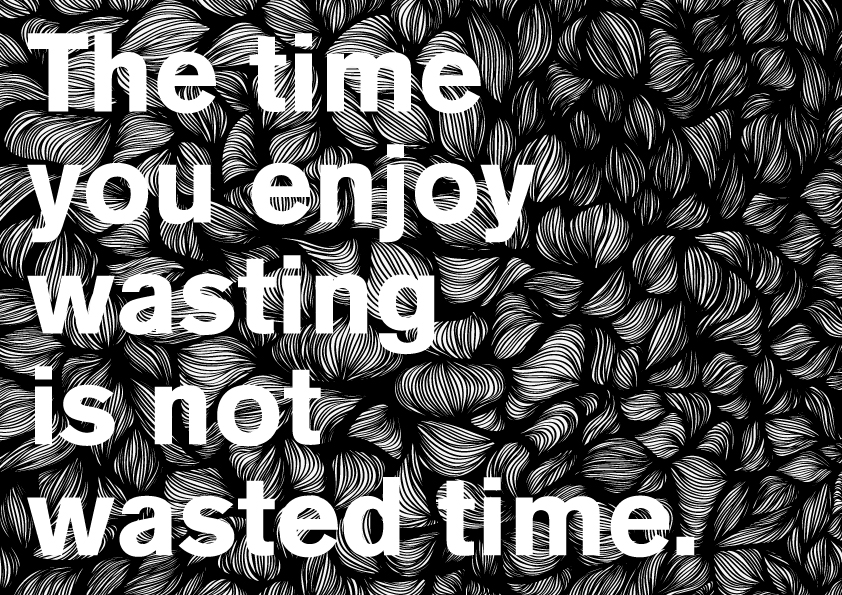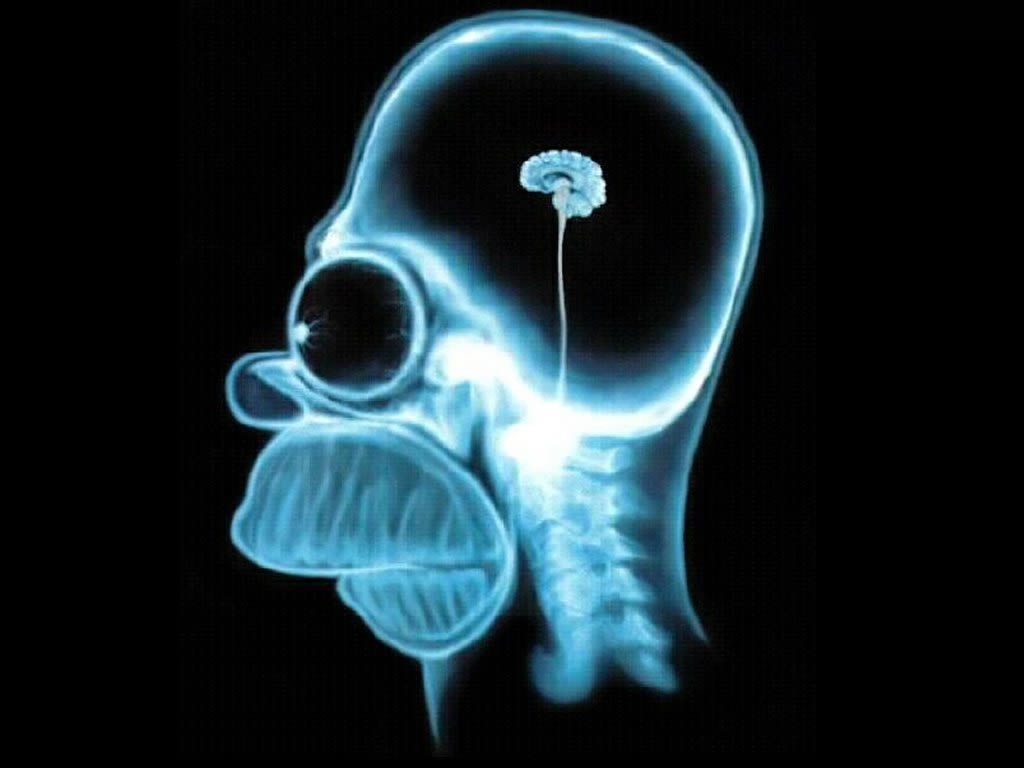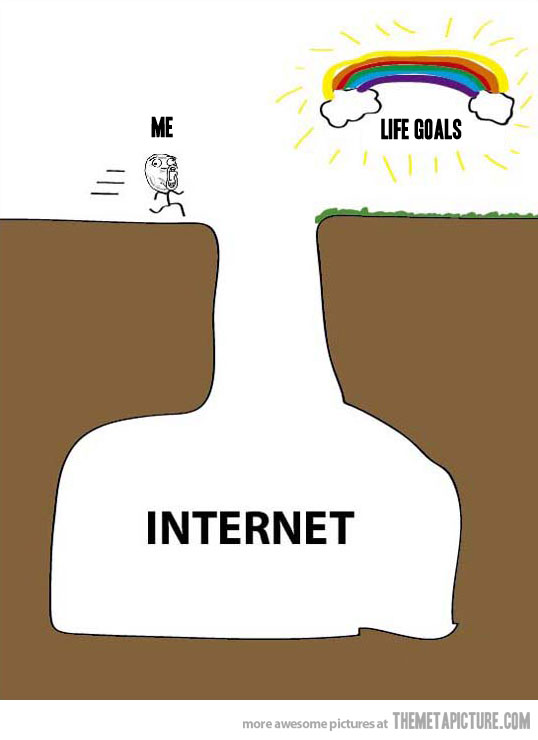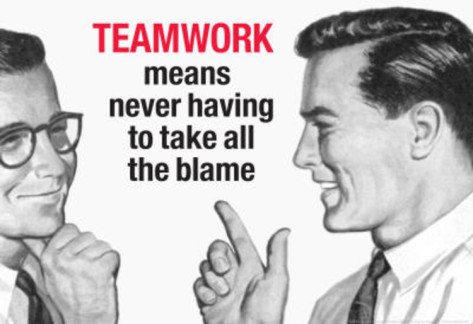Effective Executive: 5 insights from the #1 management book
te Drucker's book The Effective Executive: The Definitive Guide to Getting the Right Things Done is one of my most frequent recommendations. Everyone can get something from it because it's not about the minutiae of business, it's about organizing your life so you can accomplish the things that are important. Drucker is probably the most influential writer on the subject of management. Why? One of the reasons is that he understood that the most important part of management is knowing yourself. What are the book's…
6 minutes
5 Secrets To Using Your Time Wisely
Schedule things that make you happy You often schedule things that are "important", but what about the things that make you happy? Activities on your calendar are more likely to be the things you do. So be as good about scheduling the personal as the professional. From my interview with Stanford happiness researcher Jennifer Aaker: ...people who spend more time on projects that energize them and with people who energize them tend to be happier. However, what is interesting…
4 minutes
These 5 Things Will Make You Smarter
bsp; 1) Get rid of the distractions You can't multitask. Via Brain Rules: 12 Principles for Surviving and Thriving at Work, Home, and School: To put it bluntly, research shows that we can’t multitask. We are biologically incapable of processing attention-rich inputs simultaneously. All those buzzing text messages and email chimes can reduce mental ability by an average of 10 IQ points. For men, it’s about three times the effect of smoking marijuana. Via Your Brain at Work: Strategies for Overcoming Distraction, Regaining…
4 minutes
5 New Secrets To Achieving Your Goals, Backed By Research
al setting is one of the four techniques the military used to increase Navy SEAL passing rates from 25% to 33%. Studies have also shown it makes you happier. So what are five steps to achieving your goals? 1) Shut Up Keep them secret. Talking about big goals rewards yourself ahead of time and makes you less likely to follow through. Via Daniel Coyle’s excellent book The Little Book of Talent: 52 Tips for Improving Your Skills: While it’s natural and oh so tempting…
4 minutes
Five Simple Things That Will Make Your Life Better
bsp; 1) Want to be happy? It's more about perspective than anything else. Write down three good things that happen to you every day. Via Flourish: A Visionary New Understanding of Happiness and Well-being: Every night for the next week, set aside ten minutes before you go to sleep. Write down three things that went well today and why they went well. You may use a journal or your computer to write about the events, but it is important that you…
3 minutes
Why do you read 1000 things about change and never change?
owing isn't doing. I post a lot of stuff about getting better at things. A common response to my posts is "I know that." Knowing is great for watching Jeopardy. It's not nearly as good for life. So why is learning about improvement so easy and actually improving so damn hard? Most any change that requires a lot of consistent mental effort is going to fail because you spend most of the day on autopilot. Via Charles Duhigg’s excellent book The…
5 minutes
10 Videos Guaranteed To Inspire You
bsp; 1) How to be happier Harvard professor Shawn Achor is the author of the wonderful book The Happiness Advantage. 2) Is it better to come in first... or third? Malcolm Gladwell is the author of the bestsellers Blink, Outliers and The Tipping Point. 3) Why do we lie? And why do we lie to ourselves? Great interview with Dan Ariely, author of Predictably Irrational and The Honest Truth About Dishonesty: How We Lie to Everyone---Especially Ourselves. 4) What’s it take to free…
2 minutes
Here’s The Secret To Efficient, Fast Teamwork
might be to forget about trying to be fast at all and to just focus on being smooth. A Formula One pit crew -- a group that depends on efficient, fast teamwork -- found that they weren't at top speed when they concentrated on speed. It was when they emphasized functioning smoothly as a group that they made their best times. Via Oliver Burkeman's wonderful The Antidote: Happiness for People Who Can't Stand Positive Thinking: Bosses are more frequently persuaded,…
1 min read








